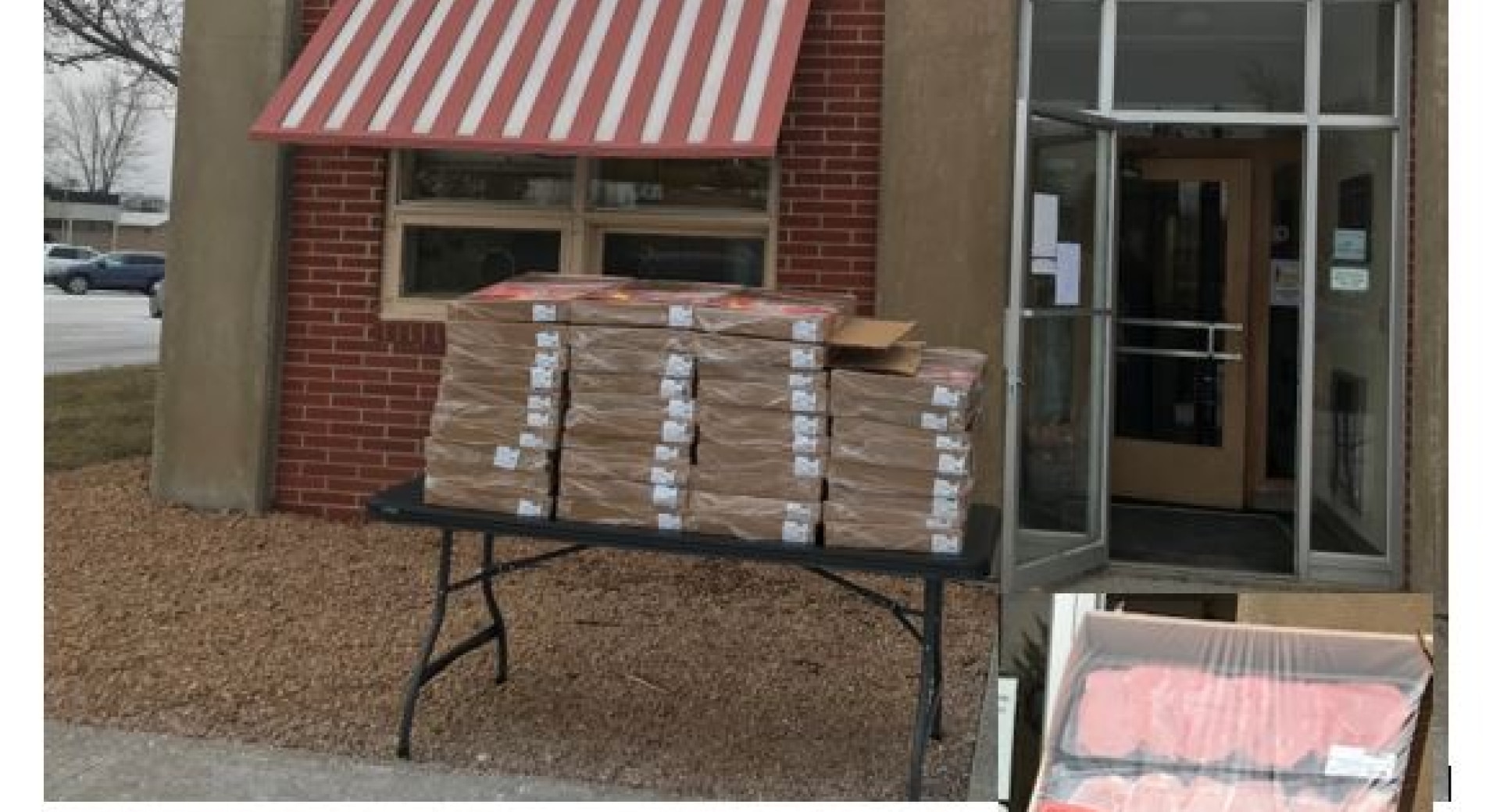
Tri-CAP Pivots during COVID to Provide Food and Basic Needs to Youth and Senior Citizens
“This was a hands-on way our staff could make sure people in our communities had access to the food they needed when access became a barrier because of COVID-19,” said Lisa Drew, director of planning and development for Tri-County Community Action Program (Tri-CAP), which serves Benton, Sherburne & Stearns counties.
In April 2020, Tri-CAP had to pivot quickly in response to COVID-19 to meet the changing needs of its communities. After an evaluation and addendum to its Community Needs Assessment, Tri-CAP saw a need to help families that had previously relied on schools for food—when schools went virtual, and senior citizens that had relied on food shelves—when volunteer transportation drivers became hard to find. Prior to COVID-19, Tri-CAP hadn’t focused much on being a basic food provider and had mainly focused on making sure qualified community members were enrolled in SNAP benefits.
“We needed to find a way to meet our communities’ needs in way that kept both staff and clients safe,” said Drew.
Tri-CAP pivoted and refocused existing resources. They put together bags with necessities like toiletries and turned their transit vehicles, which had lost ridership due to COVID, into food delivery vehicles. They partnered with area food shelves to get food from the shelves to households.
“Our staff found it really fulfilling to be helping our community in new ways during this challenging year,” said Drew.
In the summer a grant through the Minnesota COVID Food Fund Program, directed by the Minnesota Department of Human Services in partnership with Hunger Solutions Minnesota, became available allowing Tri-CAP to expand its outreach.
“One example: we work with Foley Area Care that provides food to seniors. We asked them what they needed and they said they could use fresh meat to supplement their nonperishable items heading into the holiday season. So we purchased a large meat bundle for them with the grant,” Drew explained. “They shared with us that one woman said she didn’t know what she was going to serve her family over the holidays and that the meat was a true gift and very emotional for her.”
Through the grant, Tri-CAP partnered with six area organizations and served 1,325 households with food and basic needs. They served households ranging from those with young children to those with senior citizens, in both rural and urban locations. In addition, Tri-CAP was conscience of providing culturally sensitive food selections, appropriate for their diverse communities.
“This experience has allowed us to build new partnership and grow existing ones that will only continue to deepen,” Drew concluded

